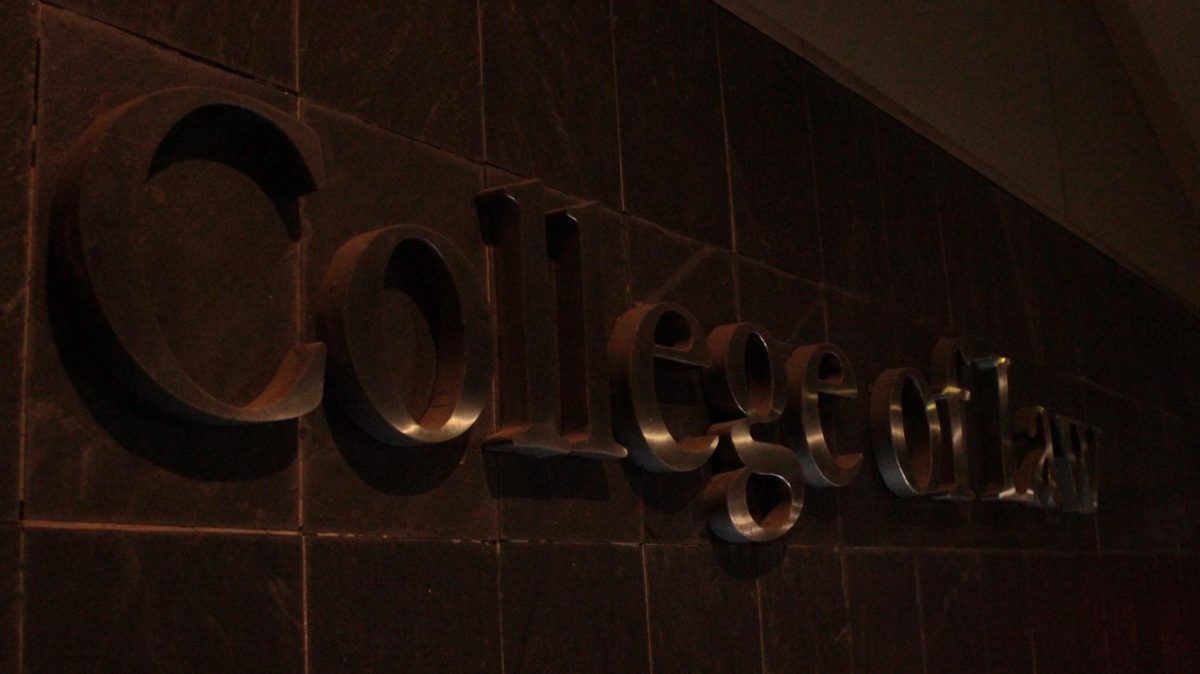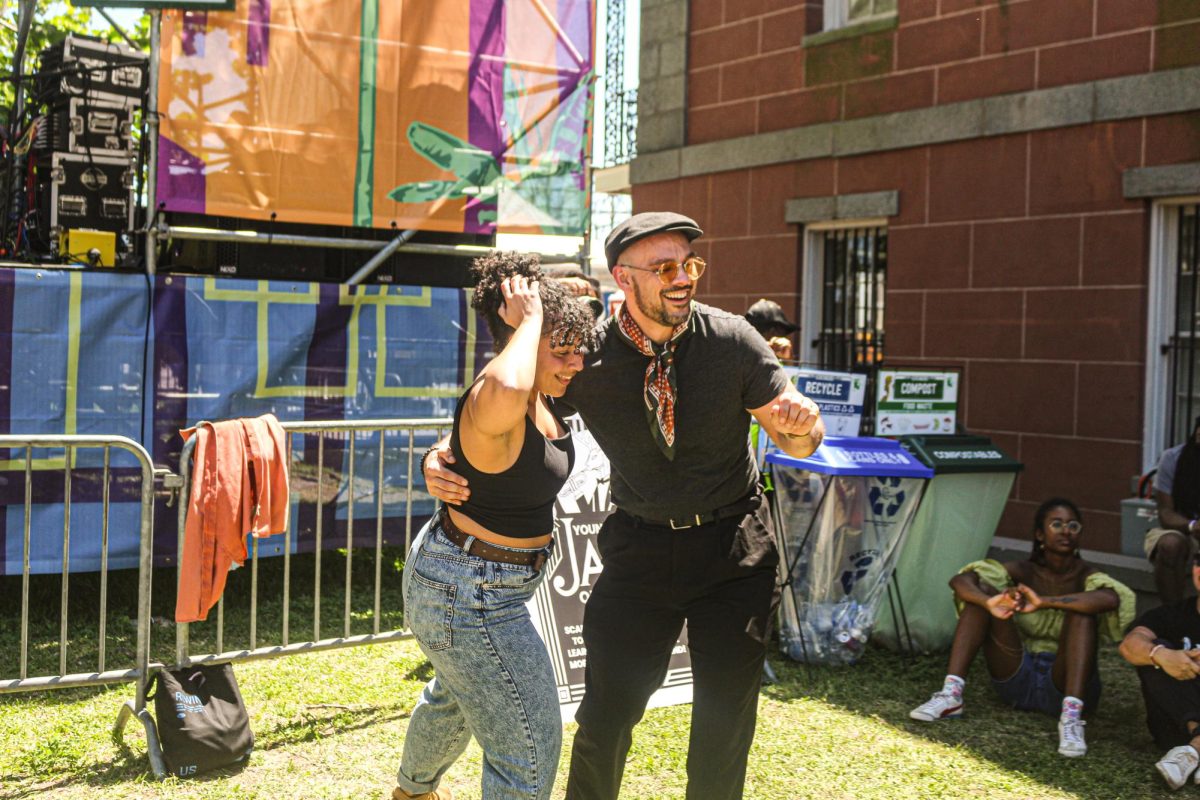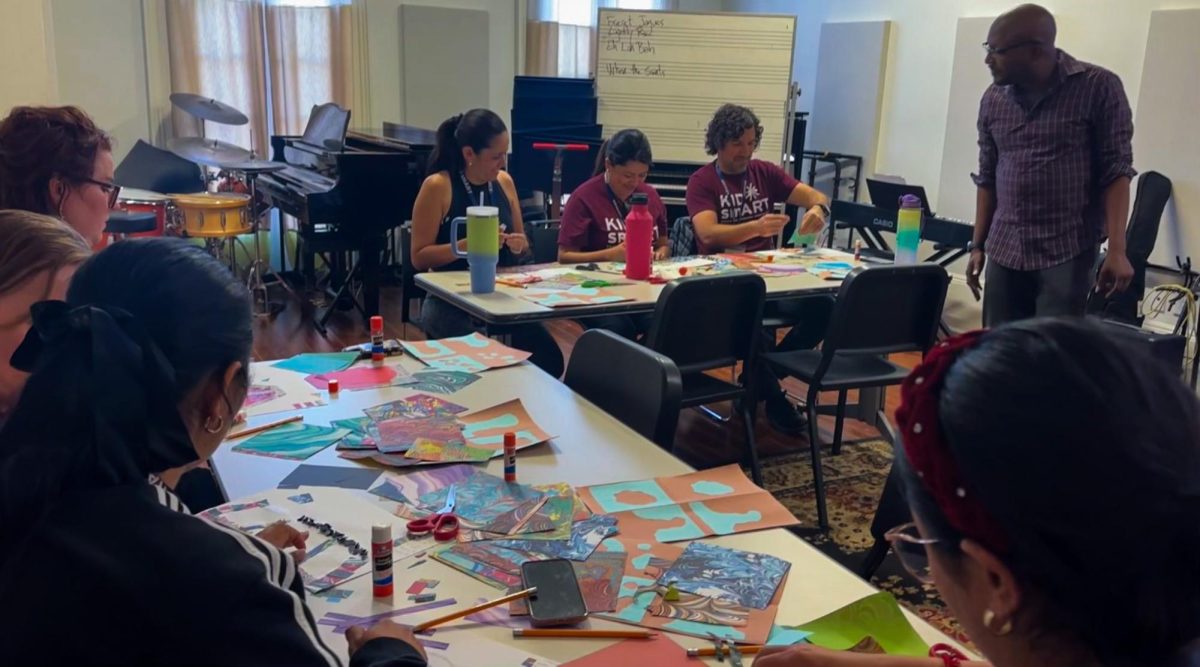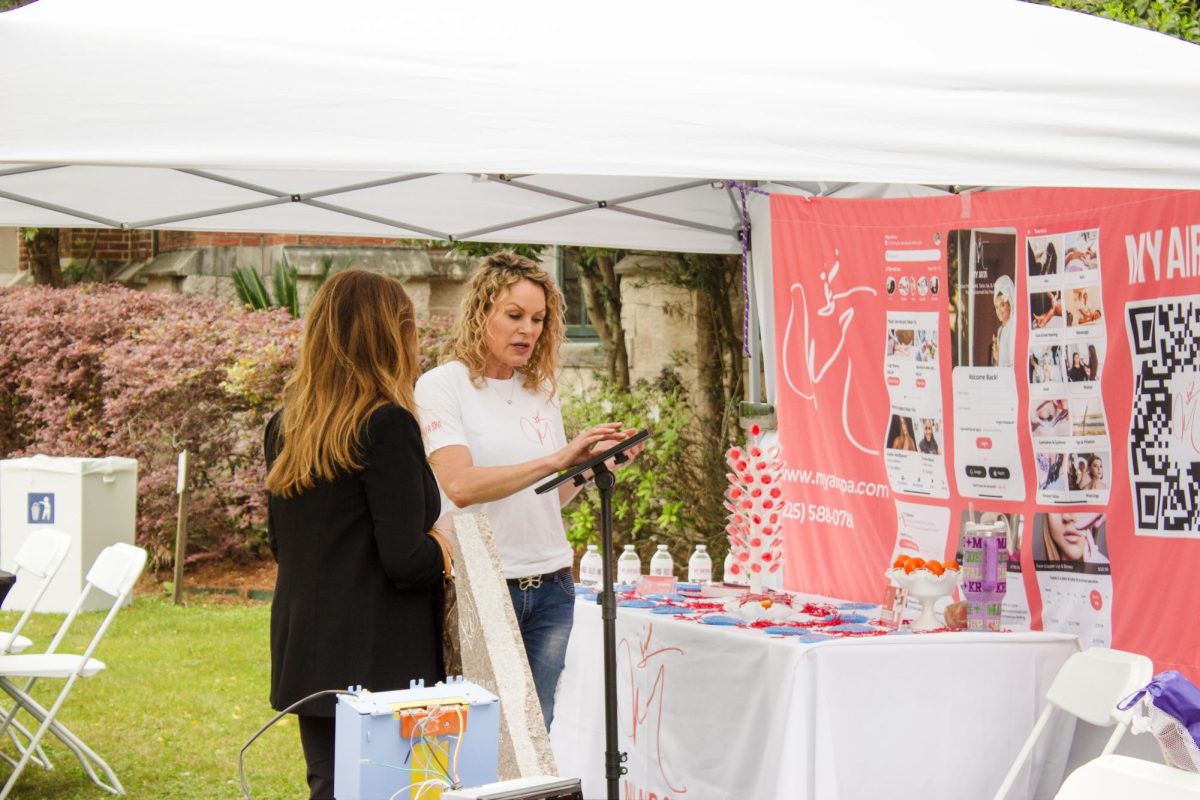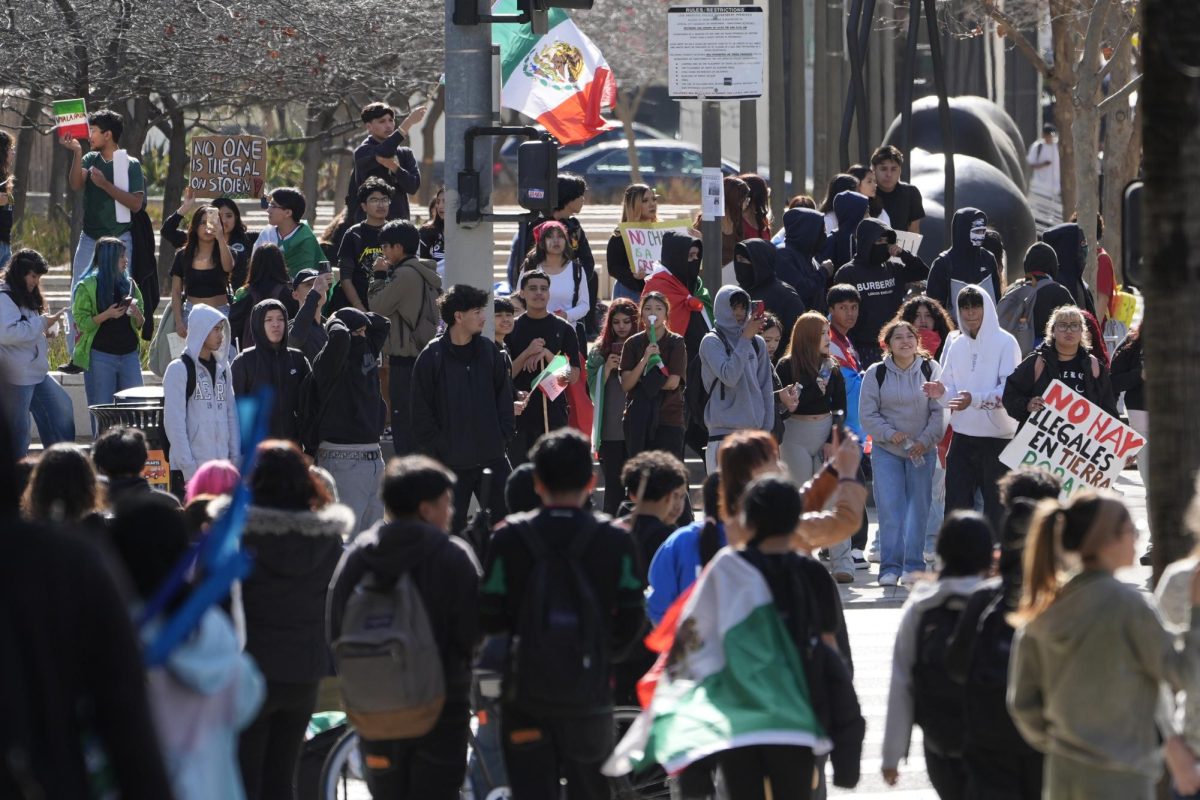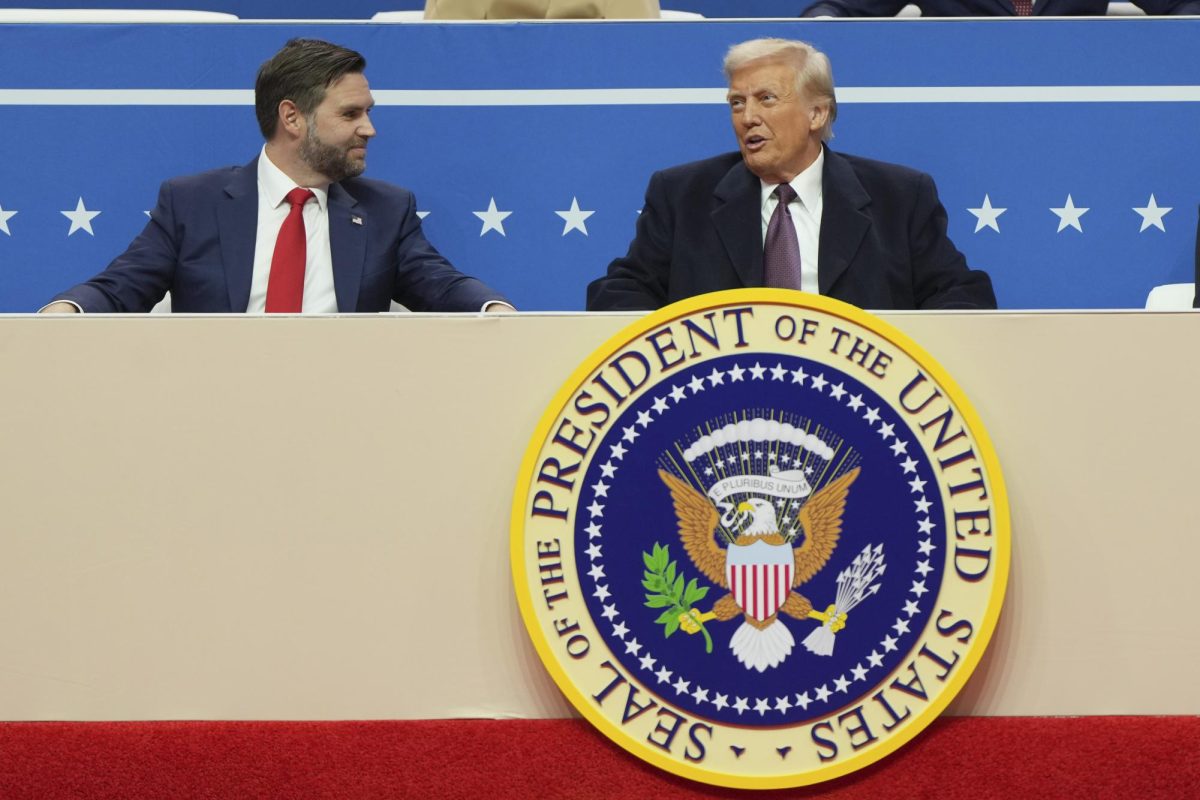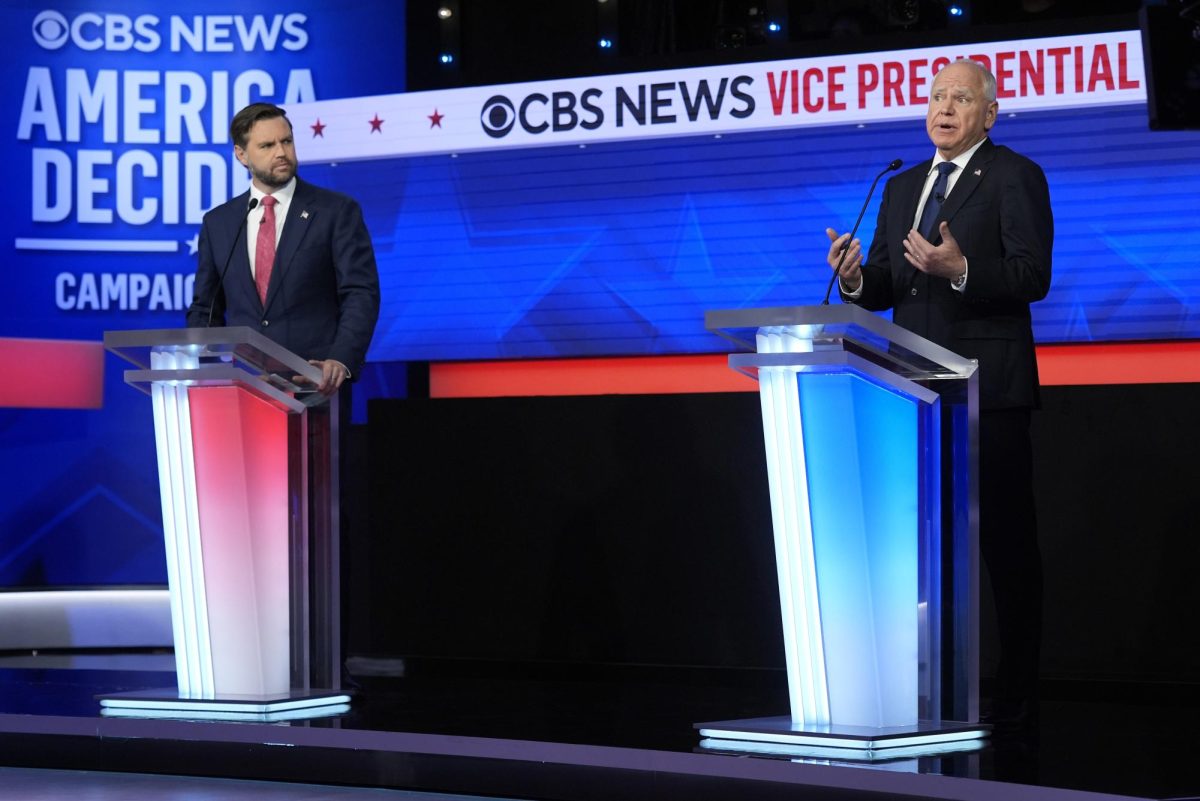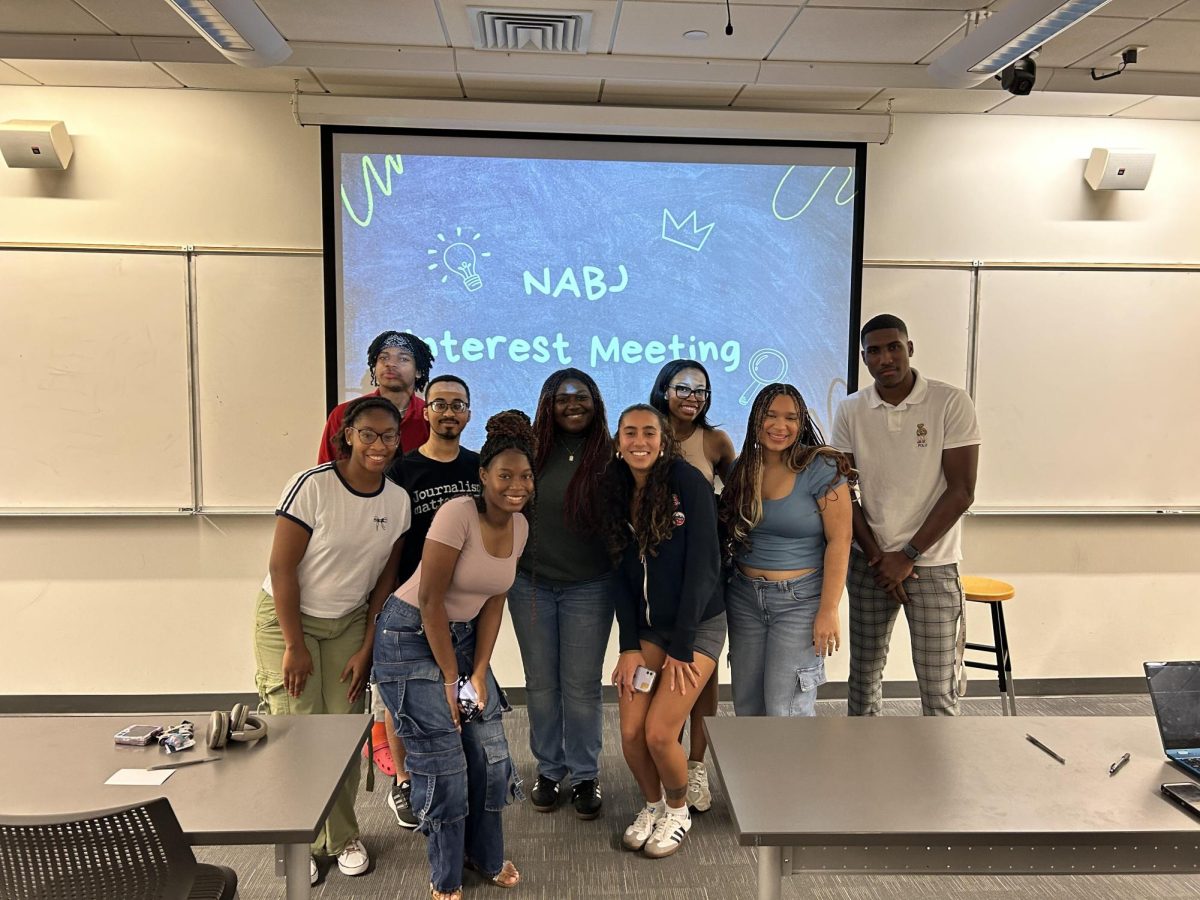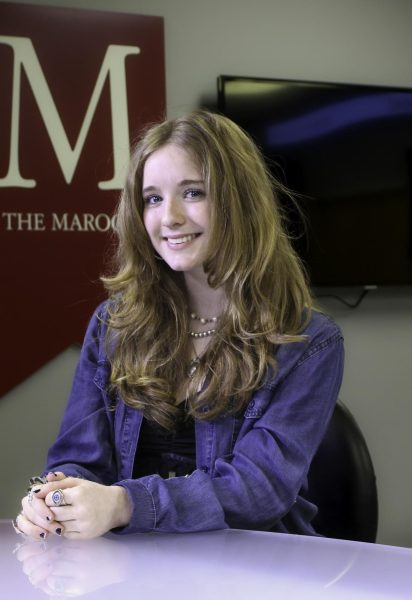Two Loyola Law School alumni will vie for an open judicial seat in the Orleans Parish Criminal District Court in this October’s elections.
New Orleans led the nation in murders per capita in 2022 with 265 people – or 70 per 100,000 – murdered last year. Murder is down 25% from this time last year, but still remains higher than pre-pandemic rates.
According to the National Institutes of Corrections – a government agency aiming to improve incarceration practices – Louisiana had the highest incarceration rate in the nation at 680 per 100,000 as of 2019. Louisiana also has the fifth largest overall prison population and fourth largest parolee population, according to the National Institutes of Corrections.
According to Loyola chair of sociology department Marcus Kondkar, prosecutors have the greatest discretion in choosing who and how to prosecute criminal cases. Meanwhile, judges have discretion in interpreting the law and deciding on sentencing, when not limited by state-mandated sentencing guidelines, statutory requirements, and mandatory sentences. Kondkar said that judges have discretion in seeking alternatives to prison in sentencing, when those alternatives exist and are allowed under law.
The Maroon interviewed the candidates – Leon Roché and Melanie Talia – so that students can learn more about their candidacies as they decide their vote this October. Those interviews have been published and abridged here for clarity.
Leon Roché–Democrat
Leon Roché is a defense attorney who has conducted over 100 cases for the Orleans Public Defenders office between 2009 and 2022. He now runs his own private firm.
Leon Roché is endorsed by U.S. congressman Troy Carter, former criminal court judges Frank Marullo and Julian Parker, state senators Royce Duplessis and Jimmy Harris, council members Lesli Harris and Freddie King III, the Orleans Parish Democratic Executive Committee, United Teachers of New Orleans, the Alliance for Good Government, the New Orleans Coalition, and others.
Why are you running for judge, what do you hope to accomplish?
“It means a lot to me that we have safety and justice and that we have fair trials and fair proceedings. A big part of my platform is that I want to make sure we are holding those that commit the crimes of violence accountable, because it is crimes of violence that are tearing our community down.”
“For the nonviolent crimes, I hope to, where possible, seek alternate methods of sentencing to help people get back on their feet. If someone is suffering from drug addiction, we can send them to drug court. If someone is a veteran without resources, we can send them to veterine’s court. If mental illness is the issue, we can send them to mental court. I am a proponent of using the specialty courts the court has established to help people get on their feet.”
“One thing that I want to do is to use the conditions of bond to help people help themselves, in particular with our young folks. Everybody who is on bond, there is a condition on your bond–like you can’t use drugs on bond, you can’t commit another crime, you can’t leave the jurisdiction of the parish without permission…I am going to put a condition on some of our young folks, our juveniles: go to school, get a job, or get a trade. I’ll make that a condition of their bond and I’m going to help them with the resources they need.”
“The root cause of crime is lack of employment, lack of education, and lack of housing, so if I can do something to help someone with education and employment, then I am attacking the root cause of crime. Simply incarcerating the most people does not necessarily equate to being safer. If that was the case, New Orleans would be one of the safest places because we incarcerate the most people out of any other state in the nation.”
“But don’t get me wrong, if you are out on bond and you commit another crime while you are on bond, I am going to have an eye towards revoking your bond and you are going to be looking towards going to jail. Because we have to stop the cycle of people who bond out and get arrested, bond out and get arrested.”
“Another big thing that I want to do is prevent wrongful conviction…With a wrongful conviction, you have somebody who is sent away to jail–that can be doing anywhere from 10, 20, 30 years in jail for a crime they didn’t commit–and then you have the victim’s family that thought they had justice only to have to reopen these wounds when the case gets kicked back to the lower court for a new trial.”
“And the community as a whole loses because, if we don’t get it right the first time, the person who committed the crime is still in the community committing crimes. So, we want to make sure we get it right the first time and the way we do that is to have fair trials and fair proceedings. And that is what I bring to the table with my 15 years at the table practicing law.”
Melanie Talia–Democrat
Melanie Talia is a former Orleans Parish Assistant District Attorney and President & CEO of the New Orleans Police and Justice Foundation. She was an Orleans Parish district attorney for nearly 17 years and prosecuted more than 100 jury trials.
Melanie Talia has been endorsed by the Building Trades Council, the Fraternal Order of Police, the Police Association of New Orleans, the Greater New Orleans Republican Political Action Committee, the Orleans Parish Republican Executive Committee, the Lake Area Voters Association, and others.
Why are you running for judge?
“Today we have too many people, and that includes the students on Loyola’s campus and those who come and go every day, who are living in fear in their homes and in their neighborhoods. Students have had to adjust their lifestyle or the things they want to do. Maybe they don’t leave home when it’s quite as dark or they don’t stay out quite as late. ‘When am I going to walk the dog? When do I put the garbage out?’
We are not really free to enjoy ourselves and to enjoy New Orleans and all the things we love about it. And the Criminal District Court bench is part of a larger criminal justice system. And if we are going to address crime in the City of New Orleans and create a place where we all feel safe to enjoy our fabulous, incredibly city, people have got to come out to vote and they have to stop and vote for criminal district court judge–and, of course, I hope they will vote for me.”
What do you hope to accomplish?
“There are some people who are just extreme, violent offenders and they are either commiting crimes in our community or they are driving the commission of crimes in our community. Those folks need to come off of the streets. They need to be incapacitated, at least for a period of time, and, while they are incapacitated, get a skill, get a training, and come back into society as positive, productive citizens of our community.
But that’s a very, very small number of people. We have many people in our community who are simply trying to survive–they are not violent offenders. We have people in our community who simply make mistakes–they are not violent offenders.
And as a judge, you need to know the difference between who needs to come off the streets and who does not, who should be diverted away, who should be referred elsewhere, who should receive services and, if so, what those services are. And that’s what I believe I bring to the bench. I bring that balance. I bring 30 years of experience of looking at cases, and trying cases, and even refusing and referring cases so that those who are the most violent and most dangerous to our community are stopped from being so and those who need help get the help that they need.”


